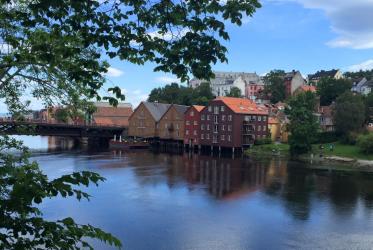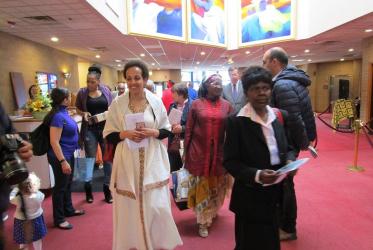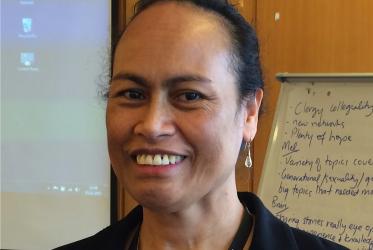Displaying 101 - 120 of 152
USA Racial Justice Accompaniment Visit
18 April 2016
International affairs facilitator reflects on pilgrimage
31 March 2016
Religious leaders as agents of peace in the Americas
02 March 2016
"I hit the ground running": Katalina Tahaafe-Williams
16 February 2016
Symposium focuses on religion, violence, extremism
04 February 2016
Church challenge: Welcoming "strangers" in a climate of fear
18 November 2015
Land rights focus of panel discussion
17 November 2015












